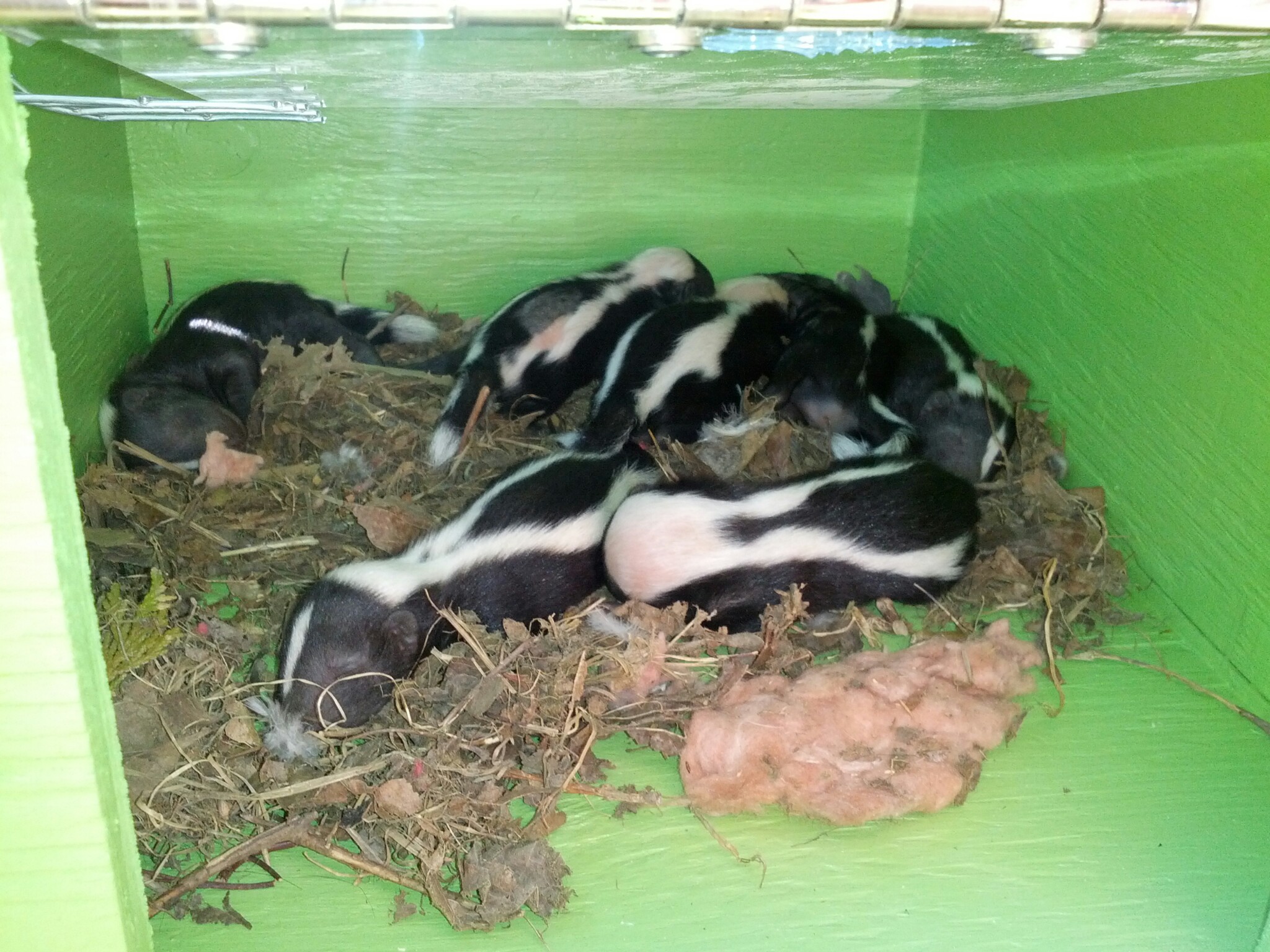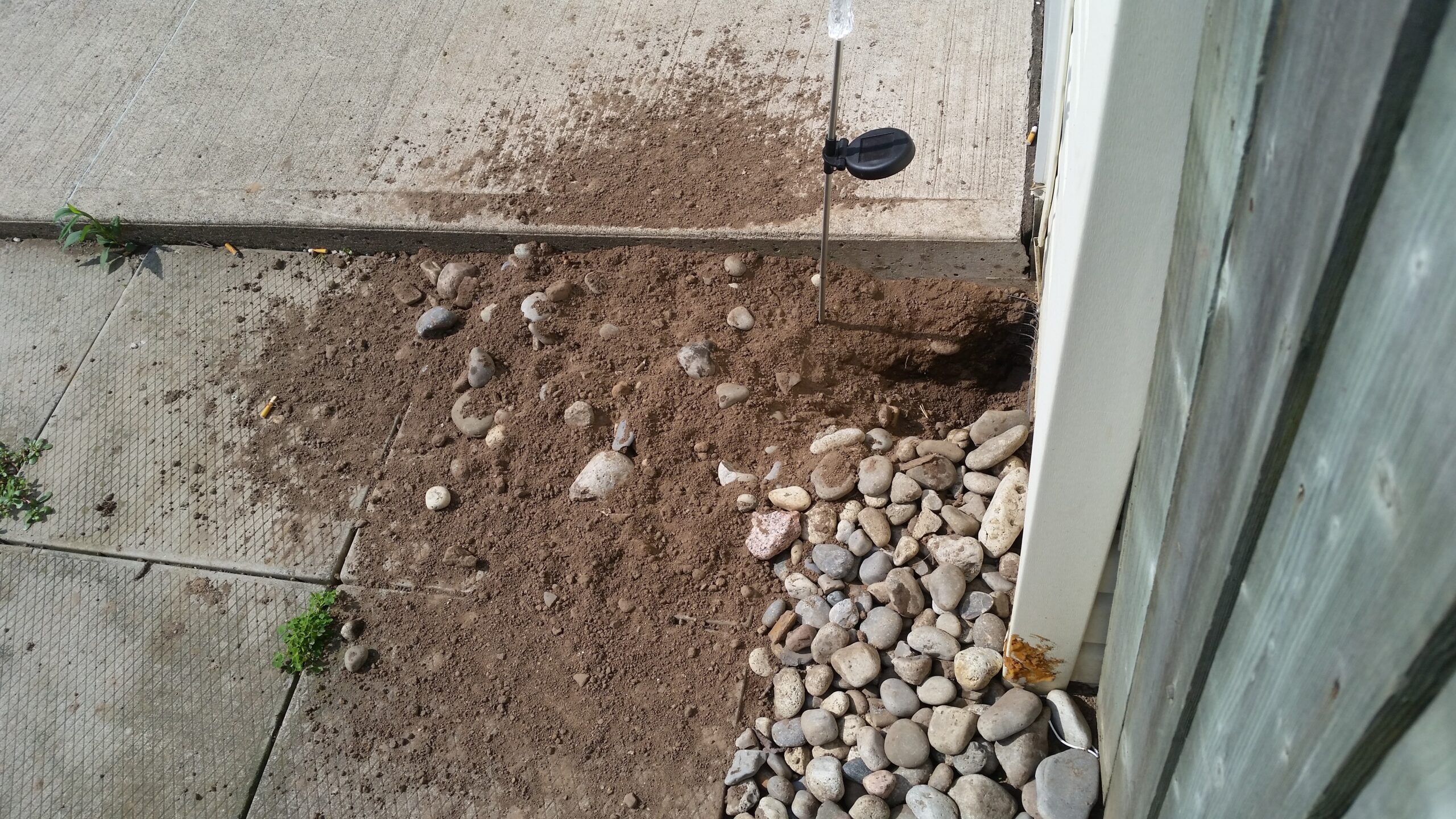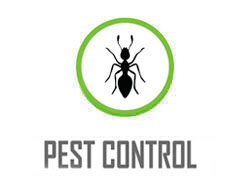
Skunk Prevention and Animal Control Advice
When skunks enter your space they are simply trying to survive. There is no malice in their action, but that doesn’t mean human beings and domestic animals are safe when a skunk is around. In fact far from it. Continue reading for more information about skunks and what you can do to avoid unwanted interactions with them.
WHERE SKUNKS LIVE ON YOUR PROPERTY
In the wild, skunks select hollowed trunks and limbs of trees or spaces beneath wood piles to create their dens. When they enter human spaces they tend to look for areas that are similar to those spaces they occupy in their natural habitat. This is why they are often found under porches, decks or sheds. They often get into these spaces through gaps in the foundation or by simply digging their way under.

Decks, sheds and porches provide low access to the ground while also being secluded from predators. While under a structure, skunks will burrow deeper into the gourd to make the space their own. While they dig, they can cause significant structural damage, they may result in the structure needing repair. Not only this, but these areas skunks love so much are in close proximity to areas homeowners and their pets often gather. This creates an unsafe situation for the people close to the skunk’s den.
WHY SKUNKS SHOULD BE KEPT AWAY FROM YOUR PROPERTY
HEALTH RISKS
Like many other wild animals, skunks are carriers of parasites that can sometimes be transmitted to humans and domesticated animals. Among the diseases that skunks may pass on to you or your pets is rabies, a potentially deadly disease which attacks the host’s central nervous system. Because it is so difficult to distinguish rabies infected skunks from regular ones, expert wildlife technicians should always be called to remove them. Not only are skunks carriers of rabies, but a scratch or a bite from a skunk can also result in your or your pet becoming infected with hepatitis or tularemia. If you or your pet are scratched or bitten seek immediate care from a healthcare professional.Inside their den sites, skunks leave behind a plethora of ectoparasites and bacteria. While ticks and fleas are gross, the urine of infected skunks can cause an infection called leptospirosis in pets and humans. Pets can also become infected with a disease called distemper that impacts the body and neurological system. The longer skunks have been on your property, the more bacteria there will be left behind, meaning a quick removal by professionals is always your best option.
PHYSICAL DAMAGE
You should also keep skunks away from your property in order to avoid physical damage. Another area of your home that may be targeted by skunks is the lawn. Beneath all that lush grass the foragers find nutritious food in the form of a wide range of insects. Numerous lawns have been damaged as a result of skunks digging several holes in their attempts to find food. In addition to damaging your lawn, skunks will also damage property by weakening the foundation of your buildings with their digging. They can also damage wooden portions of your building as it is in their nature to chew through wood.
SOLVING YOUR SKUNK PROBLEMS; HOW EXPERT INTERVENTION CAN HELP
A wild skunk’s presence on your property warrants a call to the experts in animal control services. Skedaddle’s approach to wildlife removal is thorough, effective and most importantly humane. With a thorough assessment, your Skedaddle technician will examine your space to determine the nature and extent of your skunk intrusion problem and implement an effective but humane removal strategy.
Once all skunks are cleared from the property, Skedaddle’s technicians will offer you our clean and clear service which involves removing all the material evidence of skunk presence on your property and sanitizing the space to neutralize all viral and bacterial threats. To top it all off you will benefit from our prevent and protect service which includes the installation of barrier technology and the implementation of other humane strategies that will keep skunks away. To learn more about our skunk removal services and how to protect your home from them, call us at 1-888-592-0387.
Some More Helpful Articles:
CALL US TODAY
1.888.592.0387
OR
Request for Services



FOLLOW US